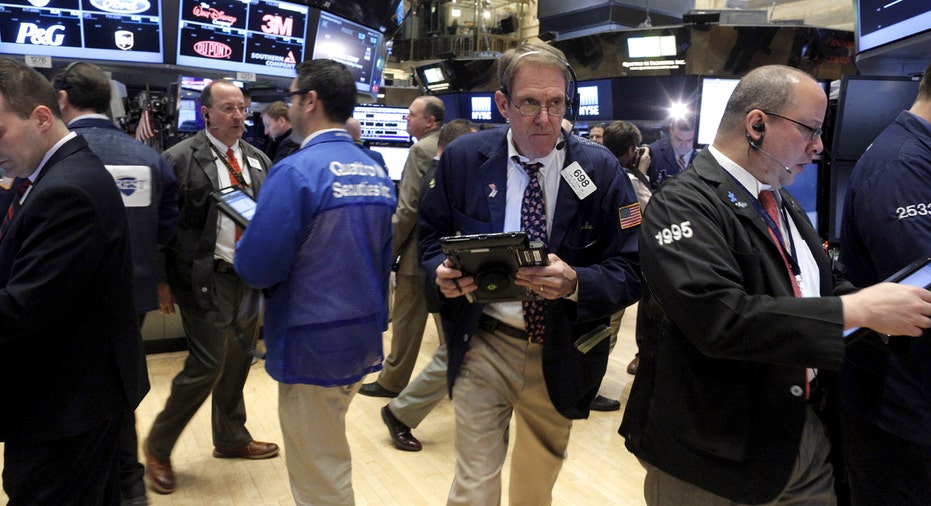Stocks Hit Fresh Records as Dow Transports Rallies

U.S. equities notched fresh all-time highs on Thursday, the 13 record close for the Dow Jones Industrial Average since Election Day, building on a more than 1% rally from the prior session.
Investors remained optimistic about the prospect of president-elect Donald Trump’s policies which include lower taxes, fiscal stimulus through investment in the nation’s infrastructure, and less regulation of Wall Street.
Equity markets are expected to continue their grind higher through the end of 2016 amid ongoing election optimism and as fears ease about a looming recession or widespread inflation, said U.S. Bank Wealth Management Chief Equity Strategist Terry Sandven.
“Election-related clarity will help shape expectations. President-elect Trump and the GOP-controlled Congress have changed the political and investment landscapes,” he said.
Sandven stressed that Wall Street will need more clarity on the Trump administration’s polices before moving even higher. Should the president-elect pull back on any of the key promises that have driven equities higher, investors could be in for a pullback at the start of the new year.
Still, it wasn’t just Trump momentum that helped fuel Wall Street’s furious rally. Art Cashin, UBS director of floor operations at the New York Stock Exchange, explained strong upward momentum in the Dow Transports sparked buy signals in automated trading programs.
“If the transports made a new record high, it would confirm the record high in the industrials, thus giving a Dow Theory buy signal. As that realization spread, the algorithms kicked in with buy program after buy program and the race was on,” he explained.
The Dow on Thursday built upon a 297-point gain from the prior session as it rose nearly 0.3% hitting a new all-time high. The S&P 500, Nasdaq Composite, and small-cap Russell 2000 indexes also hit fresh record highs during the session as they rose 0.2%, 0.4%, and 1.60% respectively. Thursday’s momentum came around the same time as Wednesday’s gains after the economically-sensitive Transportation Average again hit a lifetime high, putting it on pace for a second-straight record close. The index is up 25% for the year.
Also helping to sustain the feel-good momentum on the Street was weekly jobless claims data that showed first-time claims for unemployment benefits fell by 10,000 last week to 258,000, as expected, from an unrevised 268,000 the week prior. The data was the latest in a string of positive reports on the health of the U.S. economy.
“Continuing claims also fell in the vast majority of states, indicating a healthy national labor market. On the whole, today’s report is supportive of further improvement in labor market conditions this year,” Barclays economist Blerina Uruci said.
Elsewhere, as traders in the U.S. look ahead to a highly anticipated rate hike after next week’s Federal Reserve meeting, they digested the latest monetary policy announcement from the European Central Bank. The ECB held its benchmark interest rates steady, but unexpectedly pared back asset purchases to 60 billion euros a month from its current level of 80 billion euros. However, ECB President Mario Draghi stressed that the central bank reserves the right to ramp up buying should financial conditions not fall in line with their targets.



















